Ogimi, a tranquil village nestled on the subtropical island of Okinawa, Japan, is globally recognized as the Village of Longevity. Home to fewer than 3,000 residents, it's a place where living past 100 isn't an anomaly, but almost a norm. The villagers not only live long lives but thrive with vitality, mental clarity, and happiness.

For decades, researchers, including Dr. Makoto Suzuki and Dr. Bradley Willcox, have meticulously studied Ogimi's elders through the Okinawa Centenarian Study. Their findings challenge many aspects of modern lifestyles. Beyond the commonly cited "plant-based diets" and "low stress" environments, the essence of Ogimi's longevity lies in its unique cultural philosophies.
Here are three crucial, yet often overlooked, lessons gleaned directly from the people of Ogimi. These practices require no expensive superfoods or technological enhancements, but rather a fundamental shift in mindset, daily routines, and social connections.
The Okinawan practice of hara hachi bu, eating until 80% full, is widely known. However, in Ogimi, it transcends a mere dietary guideline, evolving into a profound ritual of gratitude. Before each meal, villagers respectfully recite "Itadakimasu," expressing thanks for the food. This mindful act slows down life's pace and honors the food, the farmers, and the earth.
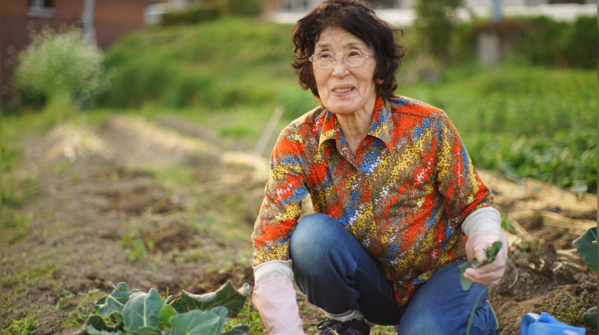
Meals are savored slowly, often served in small dishes that emphasize texture and seasonal colors. There is no rush surrounding food, or life in general.
By stopping before reaching complete fullness, the body experiences reduced insulin spikes, improved digestion, and decreased inflammation – all vital components of healthy aging.
Dr. Bradley Willcox emphasizes, “They eat low-calorie, nutrient-dense foods, but it’s their approach to eating that’s so powerful. It’s respectful, balanced, and tied to community.”
One of Ogimi’s most treasured traditions is the ‘moai,’ a lifelong social support network. These groups provide emotional, financial, and spiritual assistance to their members. Moais are not simply casual acquaintances; they are deeply committed alliances, frequently formed during childhood and sustained throughout life.
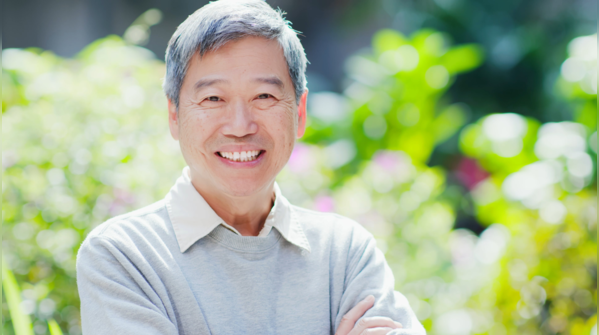
Almost everyone in Ogimi belongs to a moai, fostering a shared sense of purpose in aging together. From communal meals to singing gatherings, this robust support system is integral to daily life.
These groups offer more than companionship. They provide accountability, emotional support, laughter, and protection from loneliness. Research has linked loneliness to a higher mortality risk than obesity or smoking.
Dr. Willcox notes, “Social connectedness is their health insurance. That’s why they age so gracefully, with fewer chronic illnesses.”
In Ogimi, nature isn't a place to visit occasionally; it's an integral part of daily existence. Villagers regularly walk through lush, green hills, offer prayers in sacred groves, and tend to vegetable gardens well into their 90s. Here, nature isn't just scenery; it’s a guiding force.
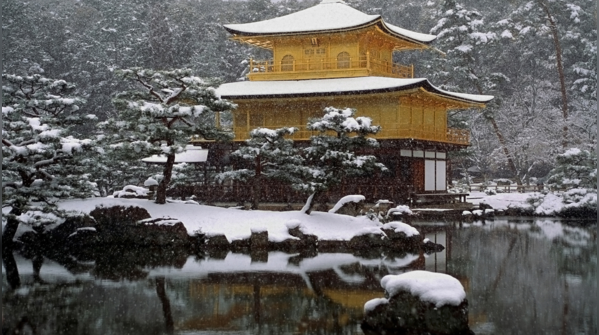
The elders don't frequent gyms. Their physical activity comes from climbing steps, cultivating gardens, and participating in festive dances. Their hands remain connected to the earth, and their eyes focused on the ocean.
This deep connection with the land cultivates patience, rhythm, and acceptance. Eating seasonally and aligning with the sunrise and sunset help regulate the body’s circadian rhythms, which modern science now links to improved metabolism and mood.
During a 2015 interview with the Okinawa Times, a 104-year-old resident shared, "In every leaf and root, there’s a rhythm. We just follow it.”
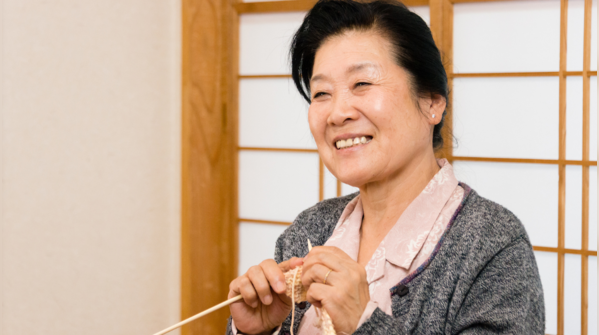
Emulating the Ogimi lifestyle doesn't necessitate moving to Japan. It requires questioning the fast-paced, isolating aspects of modern life. Incorporating a few slow meals, cultivating a close circle of trusted friends, and spending more time in nature can gently guide the body and mind toward a state of equilibrium.
It’s not about doing more; it’s about acting with intention.
(This article is for informational purposes only and should not be considered medical advice. Please consult a healthcare professional before making any significant lifestyle changes.)
Newer articles
 Daren Sammy Fined, Handed Demerit Point for Umpire Criticism After Test Match Comments
Daren Sammy Fined, Handed Demerit Point for Umpire Criticism After Test Match Comments
 Gavaskar Calls for Yadav's Inclusion, Questions Middle Order After India's Test Defeat
Gavaskar Calls for Yadav's Inclusion, Questions Middle Order After India's Test Defeat
 Decoding Your Health: Spotting 5 Prediabetes Warning Signs Before a Blood Test
Decoding Your Health: Spotting 5 Prediabetes Warning Signs Before a Blood Test
 X Corp. Cracks Down: Half a Million Indian Accounts Suspended for Policy Breaches
X Corp. Cracks Down: Half a Million Indian Accounts Suspended for Policy Breaches
 Headline:
Early Warning Signs: 5 Heart Attack Symptoms to Watch Out For Weeks in Advance
Headline:
Early Warning Signs: 5 Heart Attack Symptoms to Watch Out For Weeks in Advance
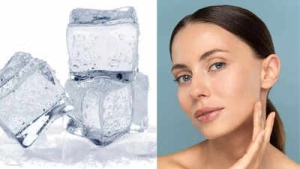 Facial Icing: Benefits, Risks, and Safe Application of This Viral Beauty Trend
Facial Icing: Benefits, Risks, and Safe Application of This Viral Beauty Trend
 Chess Sensation Praggnanandhaa Joins Magnus Carlsen's Team Liquid for Esports World Cup
Chess Sensation Praggnanandhaa Joins Magnus Carlsen's Team Liquid for Esports World Cup
 Mastering JPG to PDF Conversion: A Graphic Designer's Guide to Quality and Efficiency
Mastering JPG to PDF Conversion: A Graphic Designer's Guide to Quality and Efficiency
 MI New York's Tajinder Dhillon Shines: From IPL Benchwarmer to MLC Star
MI New York's Tajinder Dhillon Shines: From IPL Benchwarmer to MLC Star
 Akmal Blasts PCB's Interim Coach Choice: Ex-Cricketer Questions Logic Behind Mahmood Appointment
Akmal Blasts PCB's Interim Coach Choice: Ex-Cricketer Questions Logic Behind Mahmood Appointment